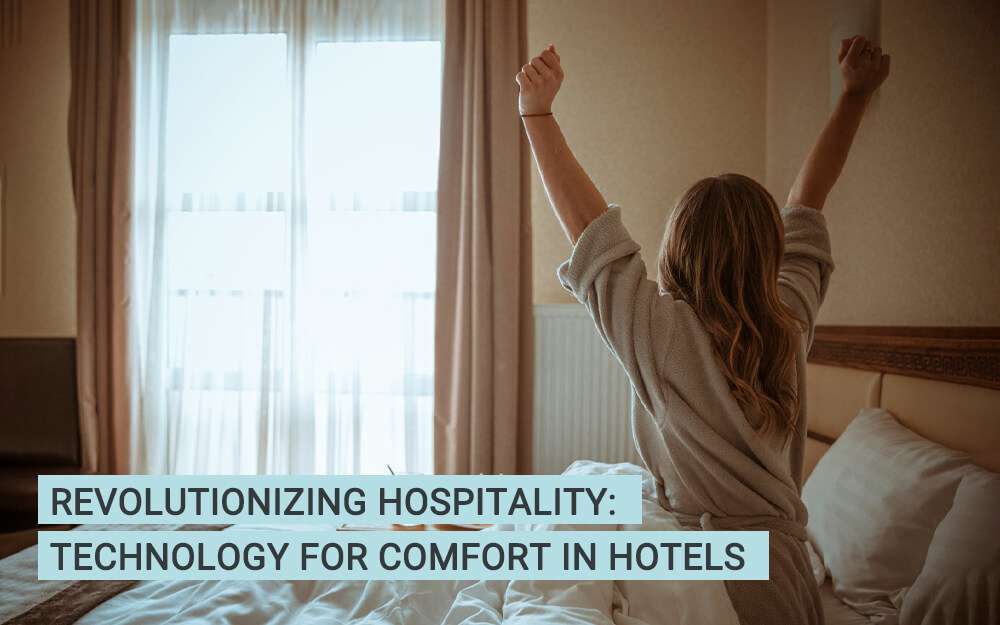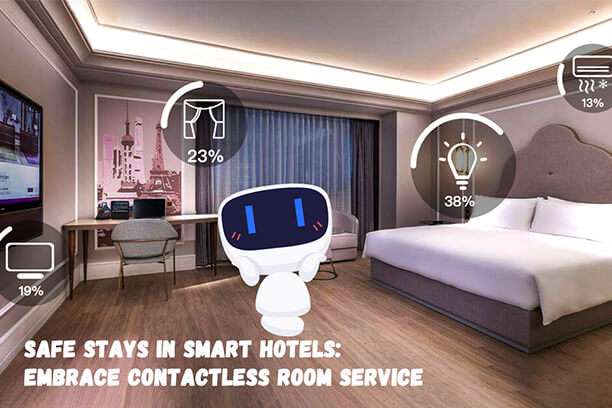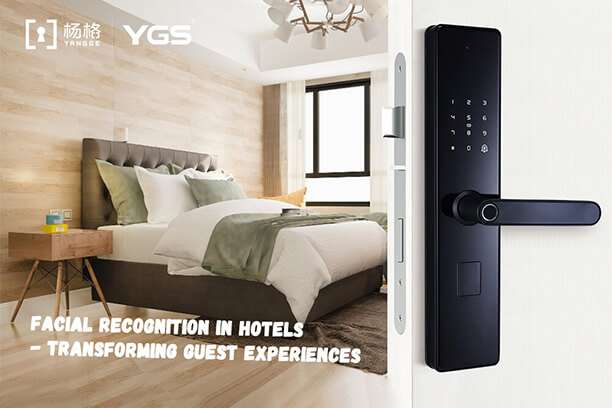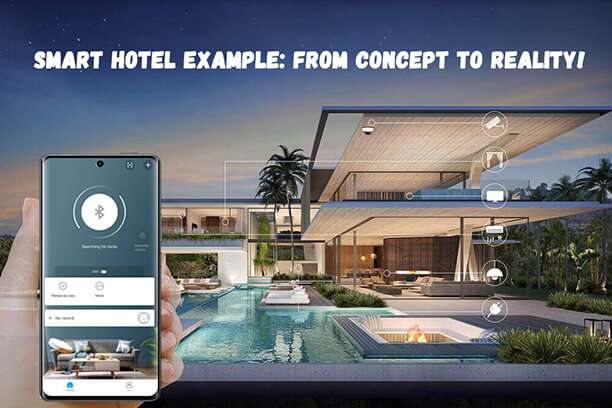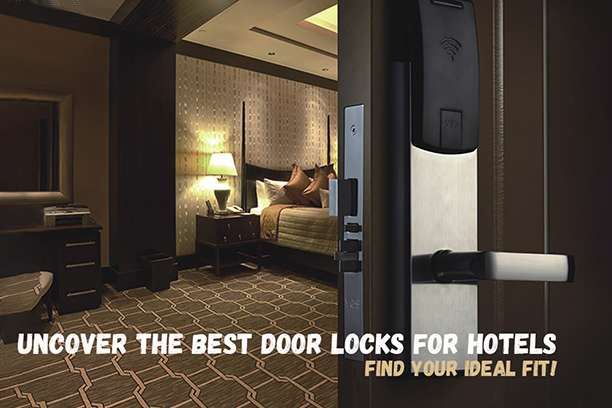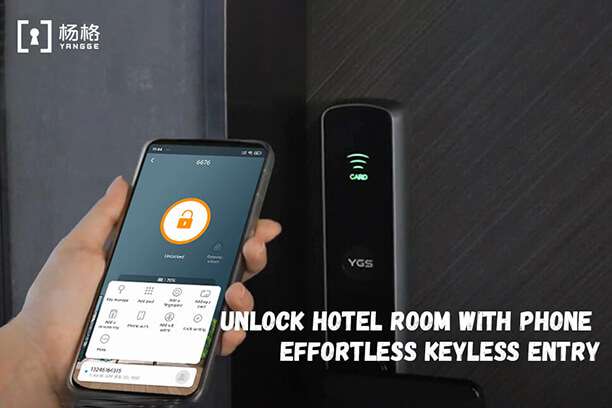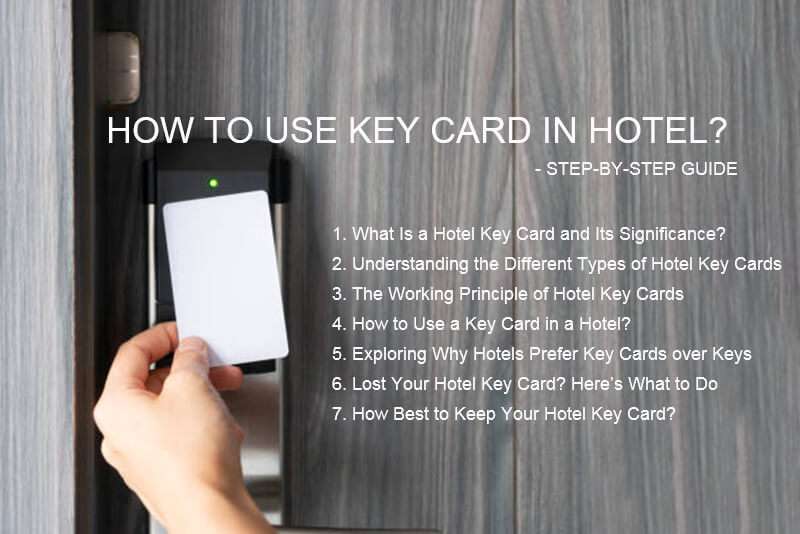Hotel accommodations are typically the first stop for travelers after a long journey. Technology for comfort in hotels has become a pivotal factor in enhancing the quality of travelers’ journeys. It also affects the hotel’s occupancy rate.
As technology advances rapidly, hotel comfort includes not only a clean environment and thoughtful services, but also incorporating cutting-edge technologies. Next, we will delve into the technology for comfort in hotels in the new era. Learn and apply these smart technologies to take your hotel experience to the next level now!
1. Mobile Applications
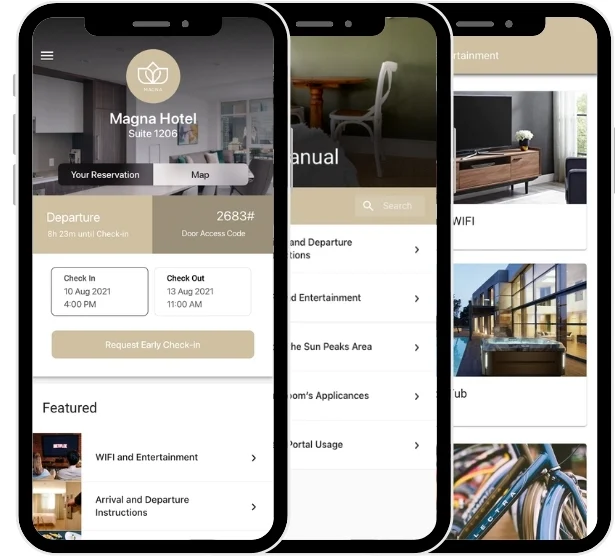
Smartphones have become an essential part of how people interact with the world. The convenience of smartphones makes them more popular than desktop computers in many scenarios.
And the increasing prevalence of mobile devices has driven the development of mobile check-in at hotels.
A seamless mobile booking experience not only brings more business opportunities to hotels but also fosters customer loyalty.
Travelers can quickly and easily find your hotel’s website, check online reviews, make reservations, online electronic payments, and more through their mobile devices.
Mobile applications, combined with self-service kiosks, allow travelers to check their own booking details and obtain room keys at self-service terminals upon arrival.
This technology completely avoids long lines at the front desk, speeds up the check-in process, and realizes contactless check-in.
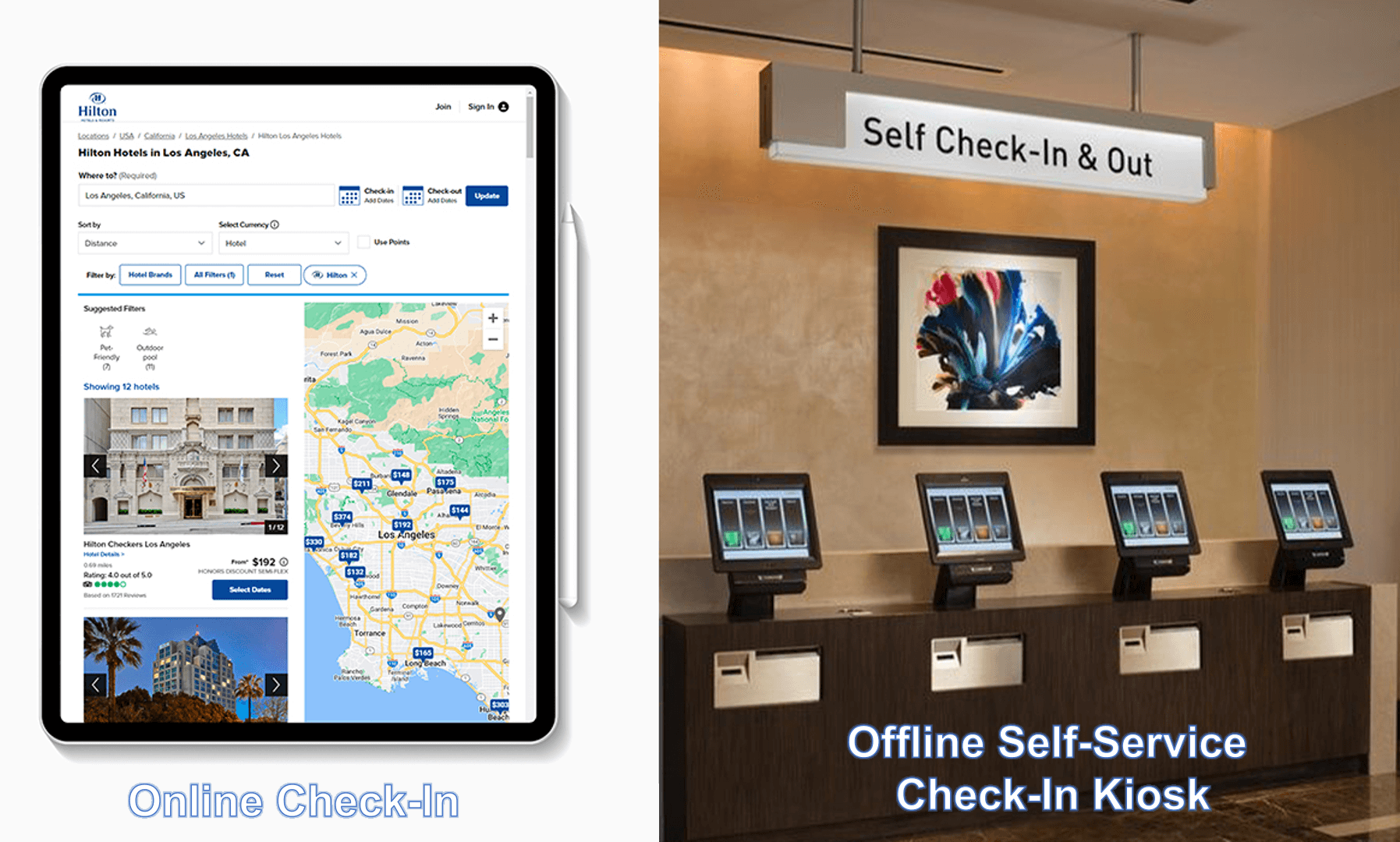
2. Virtual Reality and Augmented Reality Experiences
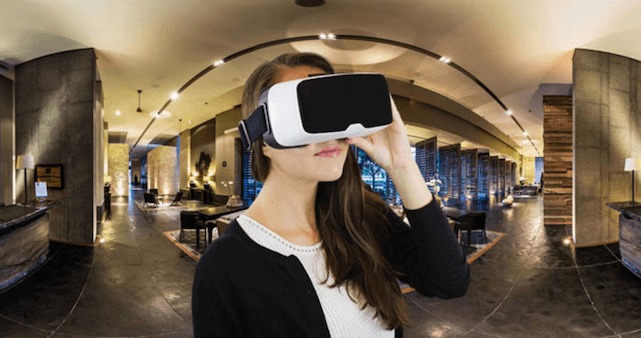
Virtual reality and augmented reality have brought revolutionary changes to the hotel industry, which provide guests with more personalized and immersive accommodation experiences.
Through virtual reality technology, guests can explore destinations or participate in activities in the comfort of their rooms, enjoying a totally new travel experience.
Additionally, these digital technologies can be applied during the booking process, providing previews of room environments, and creating unprecedented guest interactions.
On the other hand, augmented reality seamlessly integrates virtual elements with the real environment. Guests can easily access information about nearby restaurants, bars, and attractions through augmented reality applications on their smart devices, making trip planning more convenient.
Recently, Marriott International partnered with Samsung to introduce the Vroom service. This service allows guests to use Samsung Gear VR virtual reality headsets in their rooms.
These headsets come preloaded with virtual reality postcard videos, offering guests a unique experience as if they were immersed in landscapes from around the world.
This innovative hotel technology has been well-received by guests and significantly enhanced the hotel’s brand impact. It is clear that virtual reality and augmented reality technologies will be important tools for improving guest comfort.
3. Electronic Door Locks and Digital Keys
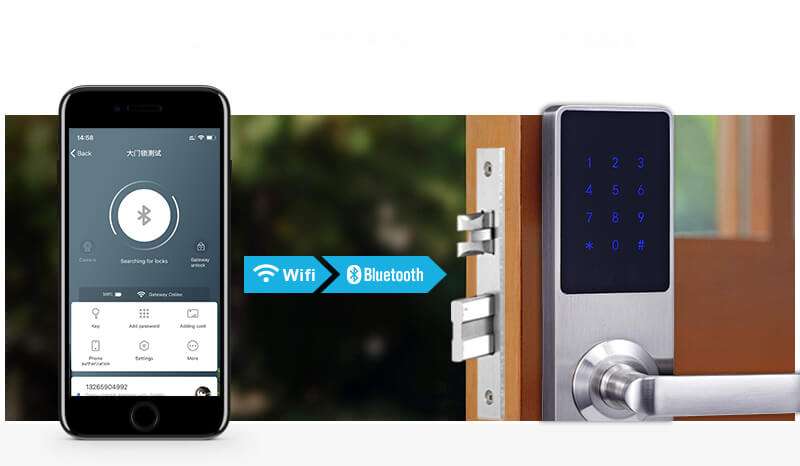
Many hotels undergoing smart renovations now feature electronic door locks and digital keys as standard design elements. Traditional physical keys are prone to loss or stolen, whereas electronic locks employ advanced encryption technology, effectively reducing these risks.
Additionally, hotel management can remotely grant or revoke access permissions for digital keys at any time, greatly simplifying room management processes.
In terms of enhancing the customer experience, guests no longer need to carry physical keys or key cards. They can use their smartphone’s Bluetooth or biometric features to access their rooms, realizing keyless entry.
During the checkout process, they can simply use their phone to achieve the contactless payment and check-out procedures without having to wait in line.
This not only increases customer satisfaction but also elevates the overall image of the hotel, making guest room experiences more enjoyable and seamless.
4. Hotel Service Robots
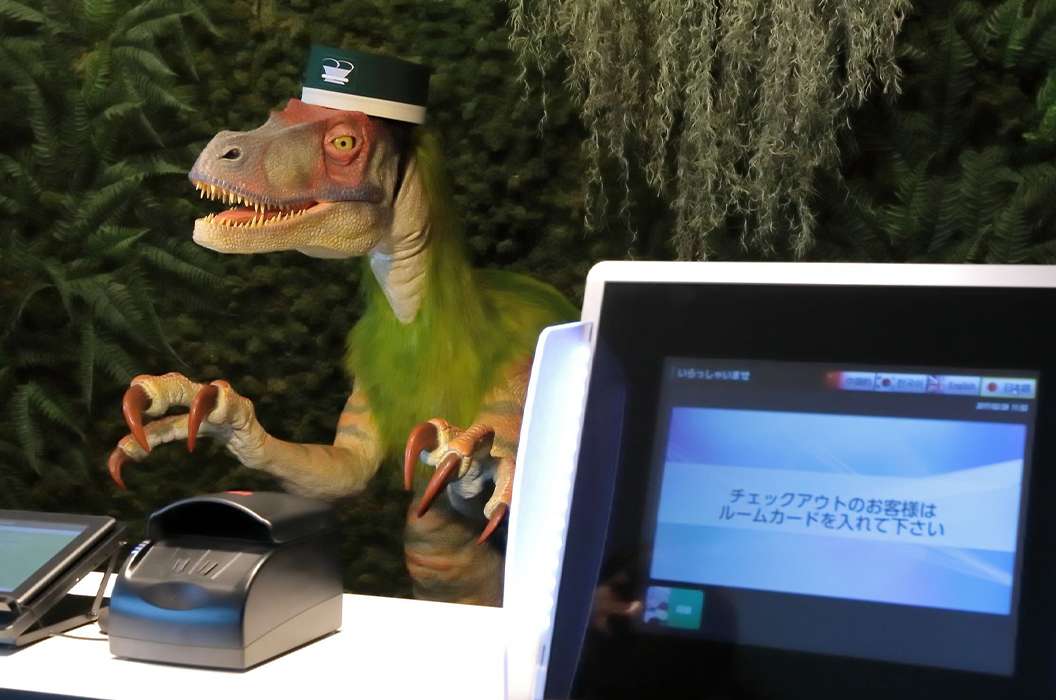
In the hotel industry, introducing service robots can significantly enhance customer experience, automate services, and improve the overall guest experience.
Here are some common types of hotel service robots:
Chatbots: Hotels can deploy chatbots to handle various customer inquiries on their websites. These bots can quickly respond to customer questions using rule-based or artificial intelligence techniques. Unlike human staff, chatbots are available 24/7, providing more responsive and timely service, thus enhancing customer satisfaction.
Self-service robots: These robots are designed to assist customers in solving problems without human intervention. They are typically used on self-service terminals, mobile apps, and websites to handle common tasks such as self-check-in processes, user account management, and bill inquiries.
Translation robots: In today’s globalized economy, hotels often host foreign guests from different countries who speak various languages, especially in popular tourist destinations. By introducing translation robots, hotels can offer multilingual online translation services, providing clear communication channels for guests.
Contactless room service robots: These robots are usually installed in hotel rooms and integrated with smart hotel systems. They can interact with guests through voice recognition and synthesis, assisting with remote control operations, answering questions, and contacting hotel staff. Such robots offer guests a more convenient guest room experience.
5. Wireless Charging and USB Ports
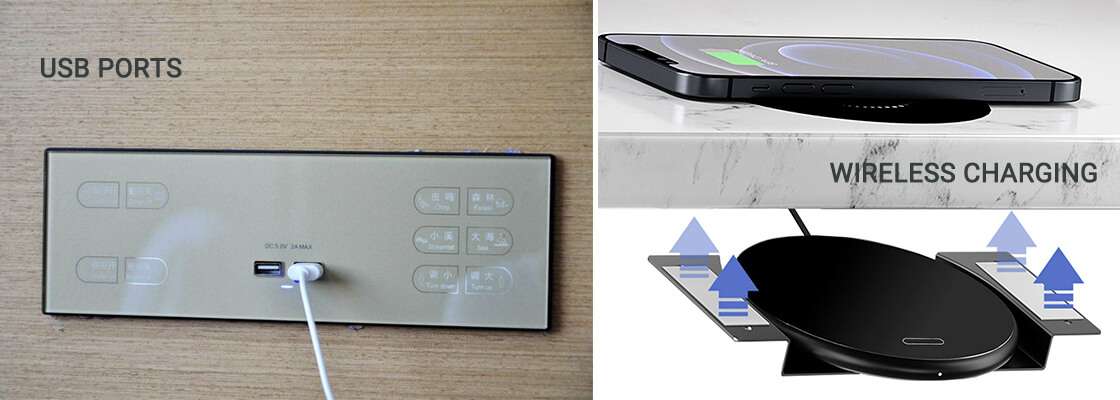
During travel, people often carry multiple electronic devices such as smartphones, tablets, and laptops, especially business travelers. This means they need to carry multiple chargers, which can be burdensome.
To address this issue, hotels can provide wireless charging and USB ports, maximizing customer benefits. Guests no longer need to carry multiple bulky charging cables and adapters.
They can simply place their wireless charging-enabled devices in designated areas or use a single charging cable plugged into a USB port for easy charging. This initiative greatly enhances convenience, making guests’ travel more comfortable.
6. Social Media Platforms

Social media platforms like TikTok have become important channels for guests to share their hotel experiences. Hotels can engage with guests and increase their visibility by sharing exciting content on these platforms. These platforms can also be used for promotional and marketing purposes.
7. High-Speed Wireless Internet and Wi-Fi
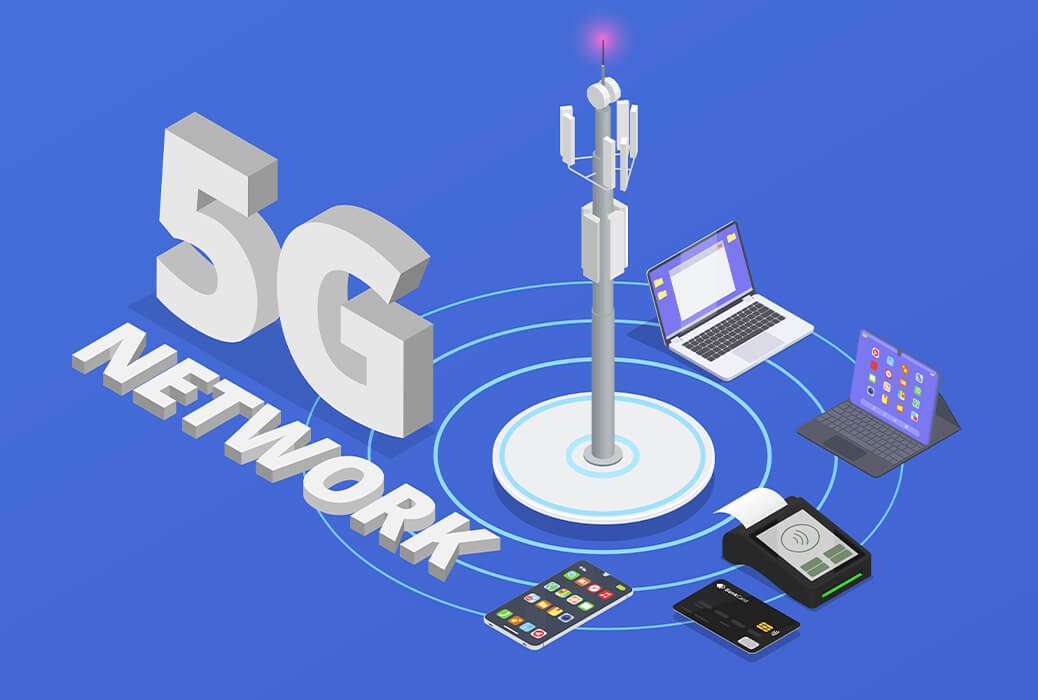
In the modern world, the internet has become an essential part of people’s work and life. For contemporary travelers, stable and high-speed wireless internet connectivity is crucial. Hotels must provide reliable internet services to meet guest expectations.
Best practices include providing comprehensive Wi-Fi coverage throughout the entire building, including guest rooms, lobbies, meeting rooms, and public areas. In order for guests to be able to enjoy online activities such as video conferencing, music streaming, and online gaming.
This technology helps guests stay connected to the outside world, work, or engage in leisure activities, allowing them to have a more enjoyable and worry-free stay.
8. Smart Temperature Control Systems
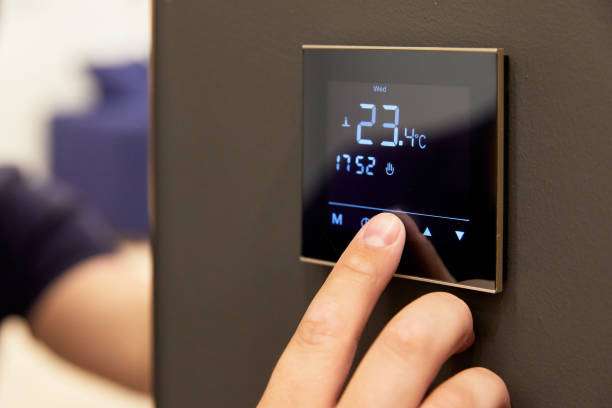
Smart temperature control systems, often integrated with home automation, manage heating, ventilation, and air conditioning (HVAC) in hotel rooms.
These systems allow hotels to set the most comfortable temperature environments based on seasonal changes and regional differences.
Furthermore, systems also incorporate automation features, such as switching to energy-saving mode when guests leave their rooms during the day. In particular, reduce the fan speed or turn off the air conditioning.
Through internet connectivity, smart temperature control systems offer more personalized services. Guests can adjust room temperature and humidity according to their preferences, using digital devices, voice commands, or smart panel remote control.
9. Bedding and Mattress Technology
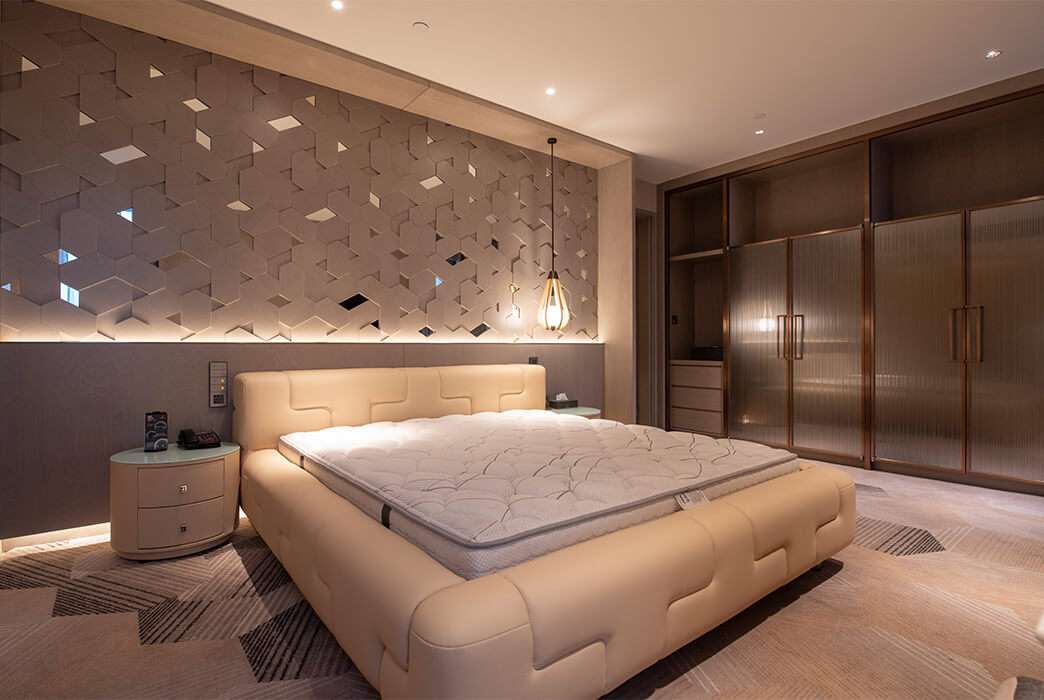
In today’s fast-paced lifestyle, staying up late is common for many urban dwellers. And poor sleep quality has become one of the problems affecting their lives. High-quality and comfortable bedding and mattress technology can help hotel guests alleviate sleep quality issues.
For example, using mattresses with smart sensors can automatically adjust hardness and support based on the guests’ body, temperature, and weight.
With this technology, hotels can offer guests a personalized and health-conscious sleep environment. This not only enhances the guest experience but also becomes a significant competitive advantage for hotels.
10. Smart Bathrooms
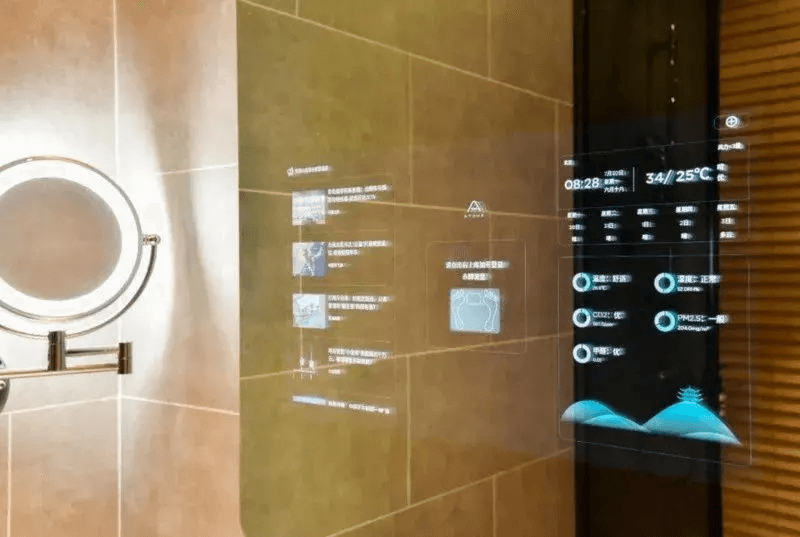
Smart bathroom technology applies modern hotel smart room technologies such as electronics, digitalization, and automation to bathroom products. Provide guests with a healthier, more comfortable, and convenient bathroom experience.
Amazing bathroom features may include:
Smart mirrors: Smart mirrors come with displays that can show weather forecasts, news, time, and other information. Guests can also connect smart devices like smartphones or tablets to check schedules or play music.
Smart showers and bathtubs: Smart bathrooms are equipped with smart shower systems that allow guests to choose their own water temperature, flow intensity, and showerhead settings. Smart bathtubs may offer massage features and bubble bath experiences.
Smart toilets: Smart toilets offer features like automatic flushing, heated seats, and bidet functions, providing a more hygienic and comfortable experience.
11. Smart Voice Control
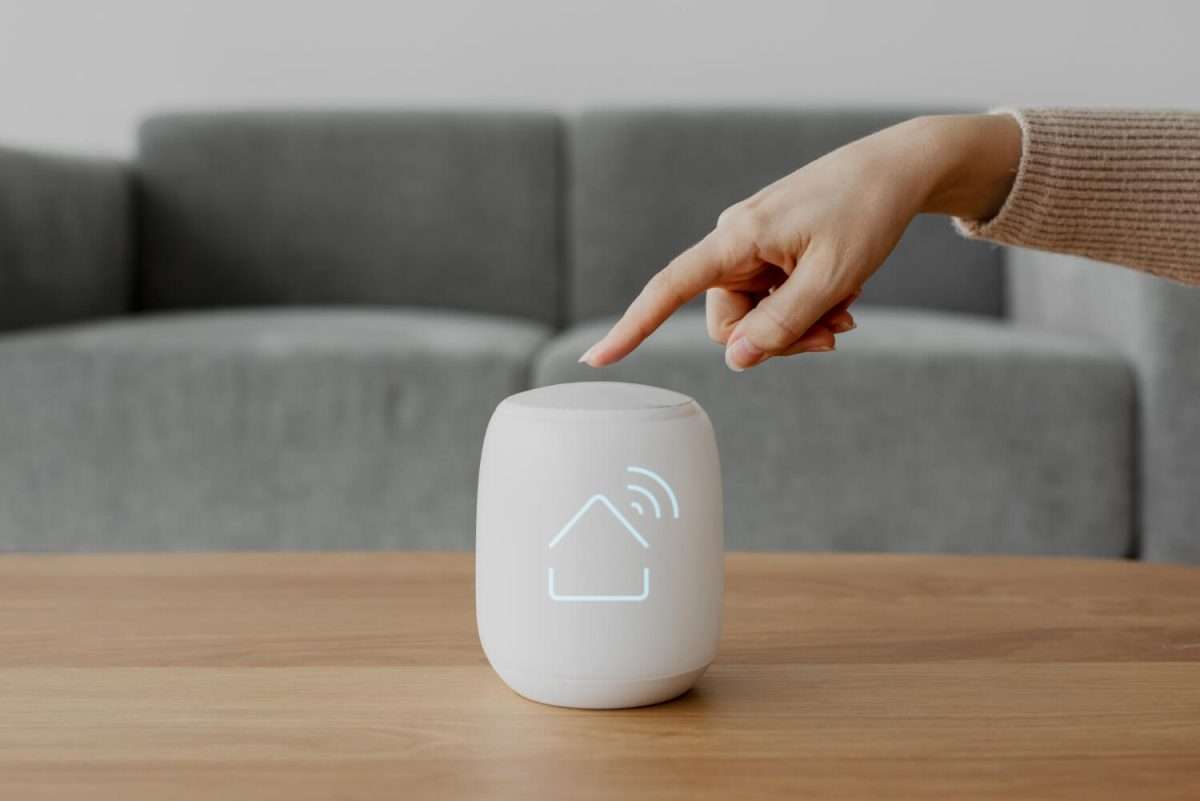
Smart voice control systems, typically based on artificial intelligence (AI) and voice recognition technology, allow guests to control various room facilities and services with voice commands.
Hotels can choose popular brands such as Tmall Genie, Baidu’s “Xiaodu,” or Amazon’s Alexa. These voice assistants not only understand guest commands but also engage in natural conversations.
These voice assistants allow guests to easily control room lighting, temperature, TV, curtains, room scenes, and more.
They can also inquire about hotel customer services and information, such as room service, restaurant reservations, and travel recommendations.
This system not only enhances the guest experience but also strengthens the hotel’s brand image.
12. Smart Curtains and Black
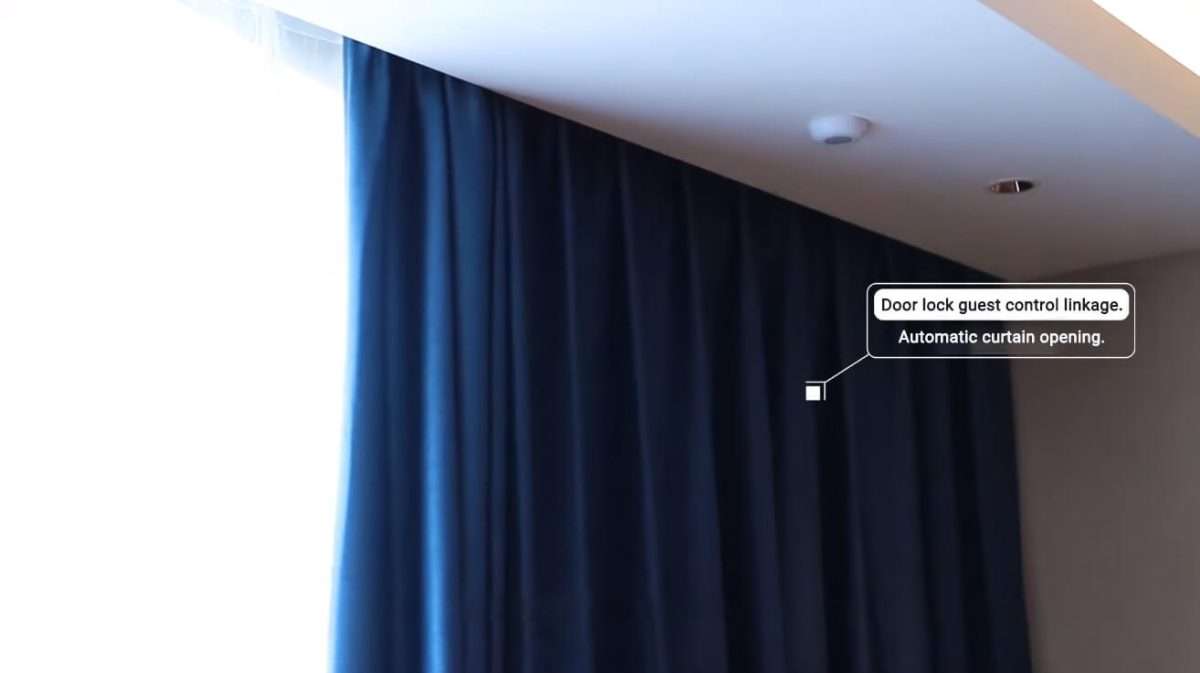
Smart curtain systems enable guests to control the opening and closing of room curtains through remote control or mobile applications.
Here are some features of smart curtains:
Automatic adjustment: Smart curtains can automatically adjust based on guest requests and preferences to control lighting and privacy.
Remote operation: Guests can quickly adjust curtains using a remote control or a mobile app, without leaving their beds or seats.
Timing function: Some systems offer timing functions, allowing guests to preset curtain opening and closing times. For better sleep and a more natural wake-up, simulate sunrises or sunsets.
This system provides guests with more control over room lighting and privacy according to their preferences.
13. In-Room Tablets
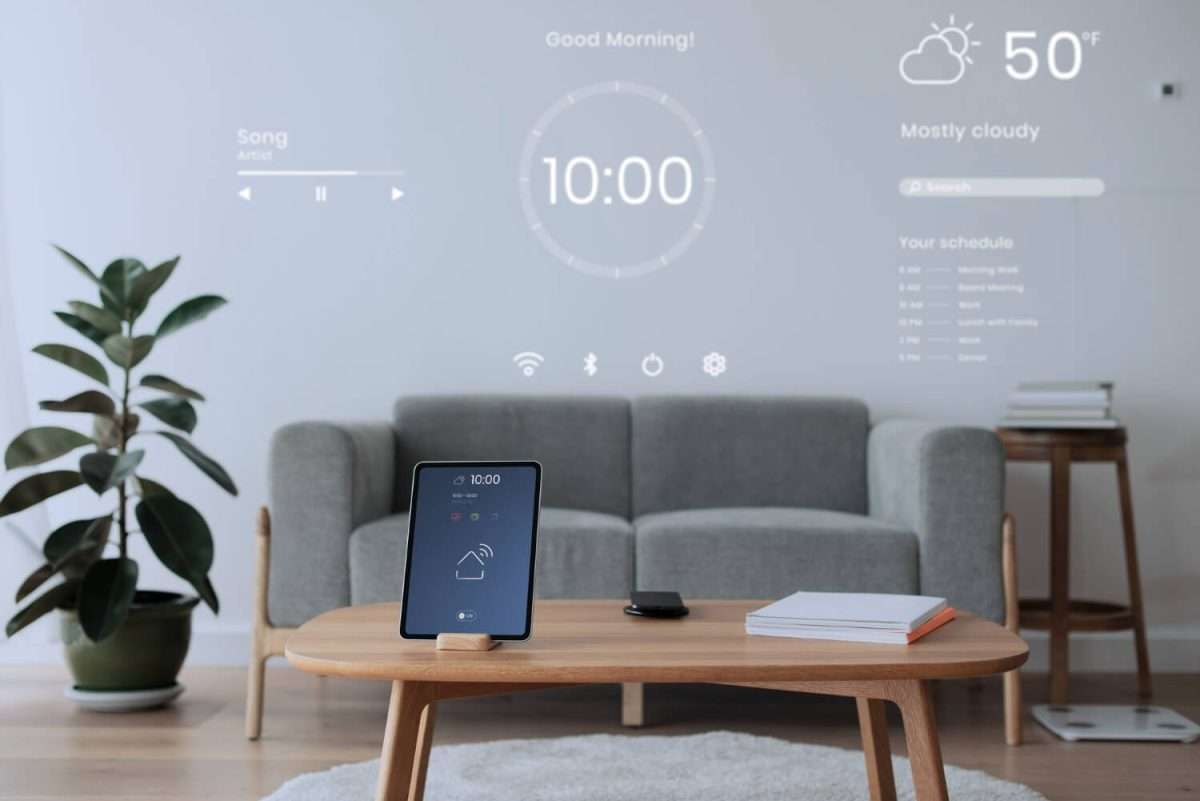
Modern hotels often provide in-room tablets that serve as integrated control centers for information and entertainment. In-room tablets have multiple functions and features, including a convenient room control system for electronic devices.
With the tablet in their room, guests can control lighting, temperature, television, and other facilities remotely, making the stay convenient and safe.
Additionally, tablets can be used for online ordering of in-room services. Guests can easily browse the hotel’s room service menu, including food, beverages, laundry, and more. This reduces the complexity of phone orders and provides a convenient service channel for guests.
14. In-Room Entertainment Systems
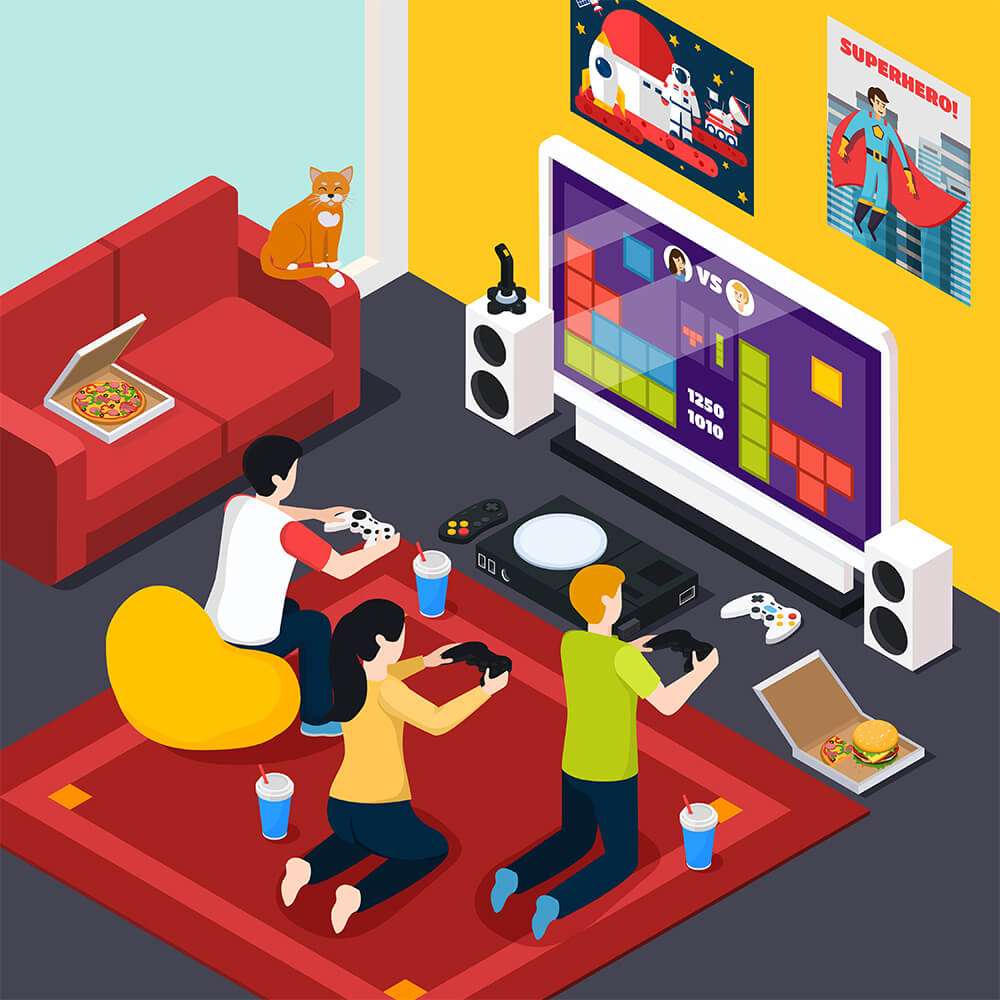
Introducing advanced in-room entertainment systems can provide guests with more convenience and entertainment options, elevating your hotel’s quality.
With modern in-room entertainment systems, guests can find entertainment activities that suit their preferences during their stay, including high-definition TV, streaming services, and game controllers.
Whether guests want to watch the latest movies, stay updated with the news, immerse themselves in sports events, or enjoy gaming, the system can meet their needs.
This not only offers guests a comfortable and enjoyable stay but also provides them with the ultimate entertainment experience.
15. Automated Room Cleaning Services
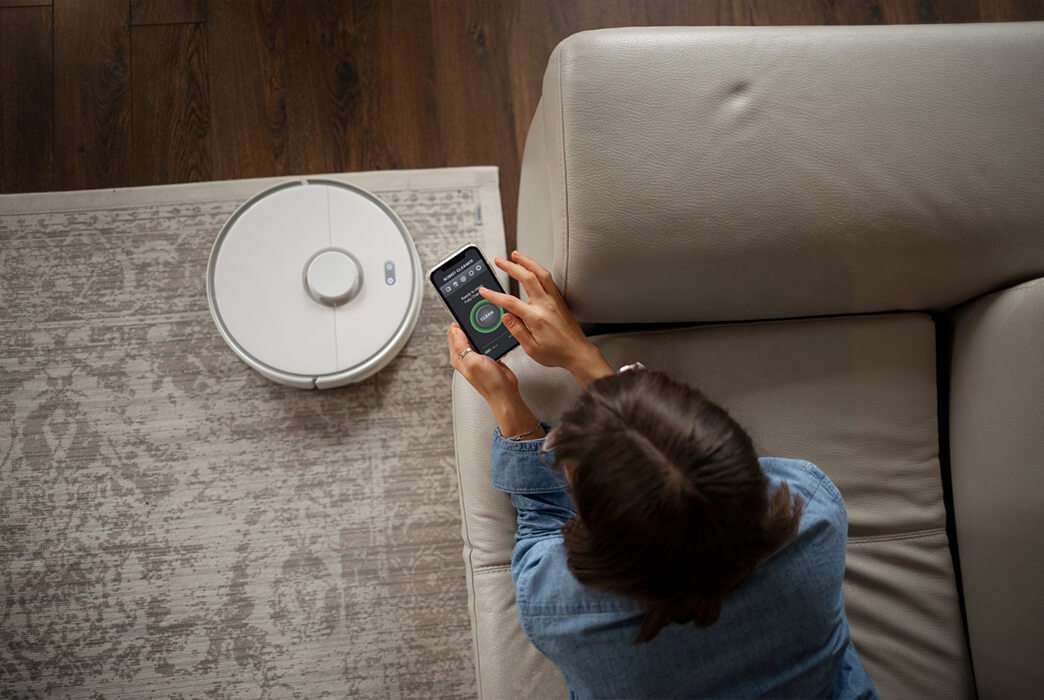
Automated hotel room cleaning systems enhance the guest experience by introducing cleaning robots and automatic devices. These robots can start working immediately after guests check out. This improves the efficiency of room cleaning and reduces guest waiting time.
Automated systems also ensure consistent cleaning quality, as hotel rooms are cleaned to the same standards each time, increasing guest trust.
Additionally, robot cleaners reduce the opportunity for human staff to enter guest rooms, enhancing hygiene and safety, and avoiding the risk of staff mishandling guests’ items.
Overall, automated hotel room services ensure every guest checks into a clean and tidy room, enhancing the guest experience and increasing hospitality businesses.
Conclusion
Technology is transforming the hotel industry like never before. Smart hotels are on the rise, integrating innovative hotel technologies for unprecedented comfort and convenience. As travelers’ expectations rise, your hotel needs to introduce cutting-edge technology to stand out in the competitive industry.
We briefly discuss technology for comfort in hotels in this article, spanning the entire guest journey from check-in to check-out. Of course, tech innovation never stops, with more emerging technologies continually improving the hotel stay.
Keeping up to date and closely following these innovations will ensure the hotel industry ushers into a more comfortable, enjoyable, and worry-free era. Whether traveling on business or enjoying a vacation, these innovations will enhance their stay and make it more pleasant and convenient.
Online Enquiry Form
Related Blog
With more than 20 years of smart lock experience, YGS could provide a set of hotel door lock management solutions for your hotel business.
Safe Stays in Smart Hotels: Embrace Contactless Room Service
As we all know, since 2020, COVID-19 has swept across the globe, with a particularly noticeable impact on industries including catering, tourism, and related services. The hotel industry has also faced significant operational pressures, and the prolonged slump…
Facial Recognition in Hotels -Transforming Guest Experiences
With the rapid development of technology and the internet, various industries are also entering a phase of intelligent advancement. The hotel industry, as a part of this trend, has similarly accelerated the upgrade of intelligent software and hardware. Technologies such as smart robots, …
Smart Hotel Example: From Concept to Reality!
Here, we will continue to explore smart hotels. What’s different this time is that we will provide a more detailed explanation of how smart hotels operate. And reveal how they demonstrate their intelligence in every interaction with guests. Additionally, we will witness the process of smart hotels…
Uncover the Best Door Locks for Hotels -Find Your Ideal Fit!
Currently, the hospitality industry is experiencing an unprecedented boom in the era of fully opened travel. As hotels face intense competition, it has become crucial to elevate guest experiences and prioritize safety measures, particularly when it comes to door locks for…
Unlock Hotel Room with Phone: Effortless Keyless Entry
In the digital age, technology has revolutionized various aspects of our lives, and the hospitality industry is no exception. One of the significant advancements in the hotel industry is the implementation of hotel keyless entry systems. This allows guests to unlock hotel…
How to Use Key Card in Hotel? Step-by-Step Guide
The use of hotel key cards can bring numerous benefits to both guests and the hotels, such as cost-effectiveness, enhanced security, improved efficiency, and convenience. Consequently, hotel room cards have become the primary unlock way in modern hotels. In this article, we will delve into…

